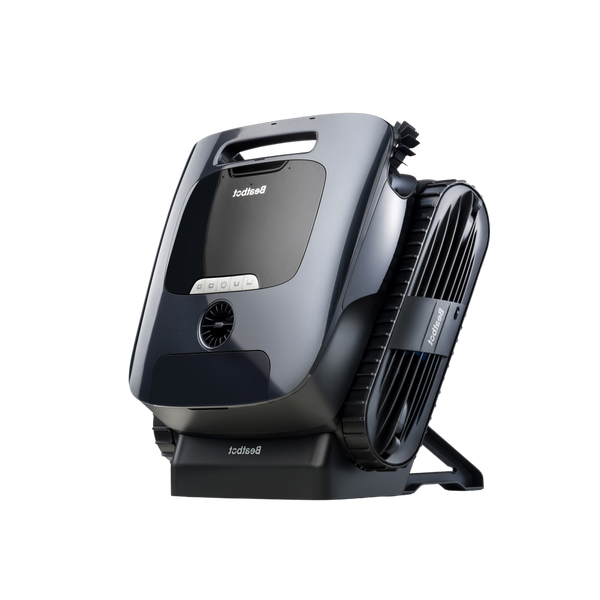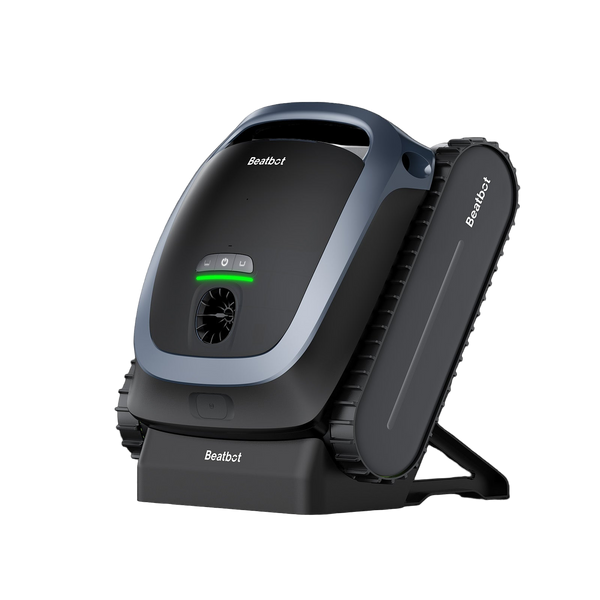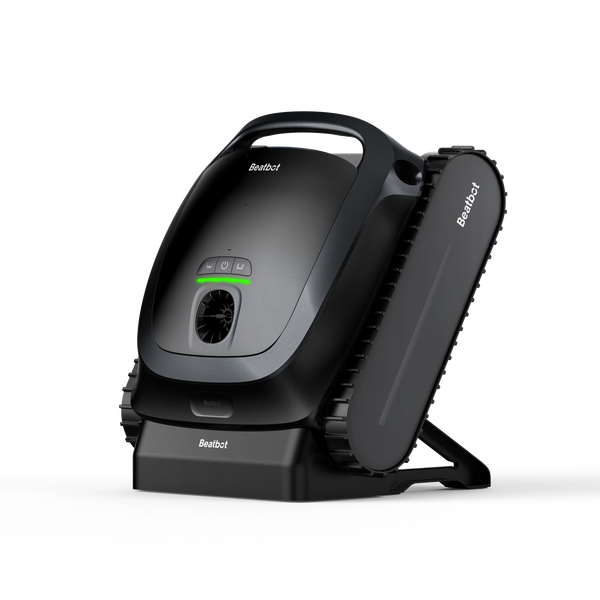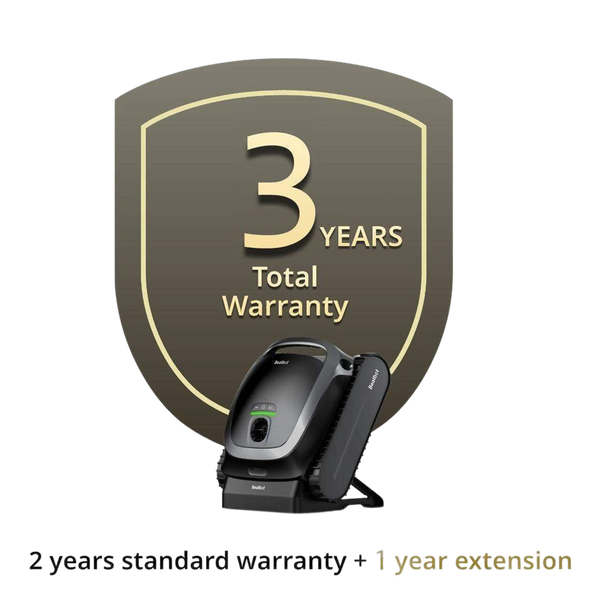The Importance of Salt Water Pool Maintenance
Diving into the refreshing waters of a saltwater pool is a delight for many pool owners. But did you know that maintaining a saltwater pool is just as crucial as enjoying it? Saltwater pools, while offering a smoother and gentler swimming experience, require regular care to keep them in tip-top shape. In this article, we'll explore the importance of saltwater pool maintenance and provide you with the know-how to keep your pool sparkling clean and enjoyable all year round.
Diving into the refreshing waters of a saltwater pool is a delight for many pool owners. But did you know that maintaining a saltwater pool is just as crucial as enjoying it? Saltwater pools, while offering a smoother and gentler swimming experience, require regular care to keep them in tip-top shape. In this article, we'll explore the importance of saltwater pool maintenance and provide you with the know-how to keep your pool sparkling clean and enjoyable all year round.
Table of content

What is a Salt Water Pool?
A salt water pool is a type of swimming pool that uses electrolysis to convert salt (sodium chloride) into chlorine. This process eliminates the need for manually adding chlorine to the pool, making maintenance more convenient. The generator works by breaking down salt into sodium and chlorine ions, which disinfect the water and kill bacteria and algae. Compared to traditional chlorine pools, salt water pools offer several benefits such as reduced skin and eye irritation, lower chlorine odors, and fewer chemical additions required.
Why Salt Water Pool Maintenance Matters
Proper maintenance of a salt water pool provides numerous benefits beyond just an enjoyable swimming experience. Here are some key benefits:
- Healthier Swimming Environment
A well-maintained saltwater pool provides a healthier swimming environment. Balanced chemistry prevents the growth of bacteria and algae, ensuring that your pool water remains clean and safe for swimming.
- Prolonged Equipment Lifespan
By regularly checking and cleaning the salt cell and other equipment, you can extend your lifespan. This not only saves you money but also ensures that your pool runs efficiently.
- Optimal Performance
Proper maintenance ensures that your saltwater pool operates at its best. This includes maintaining the right balance of salt, pH, and chlorine levels, which are essential for the generator to work effectively.
- Prevention of Costly Repairs
Ignoring maintenance can lead to issues like calcium buildup, erosion, and corrosion, which can be costly to repair. Regular care can prevent these problems and keep your pool in good condition.

Troubleshooting Common Issues
Common issues with salt water pools include cloudy water, algae growth, and corrosion. To troubleshoot these problems quickly, keep in mind that regular maintenance such as brushing, vacuuming, and skimming debris off the surface will help prevent most common issues from occurring altogether. For example:
- Cloudy Water: An imbalance in pH or alkalinity levels usually causes cloudy water. Test the pH and alkalinity using a testing kit and adjust accordingly. Additionally, check for debris such as leaves or dirt on the bottom of the pool that could cause cloudiness.
- Algae Growth: Algae growth is often caused by too much sunlight or not enough chlorine in the water. Make sure you keep up with regular maintenance such as cleaning filters regularly and brushing down walls at least once per week. You should also run your pump for 8–10 hours each day to have adequate circulation throughout the system.
- Corrosion: High salt levels can cause corrosion on metal surfaces around your pool and damage equipment such as pumps and filters. Check your filter before adding other chemicals like algaecide shock if you notice cloudy water or algae growth.
The Essential Maintenance Checklist
Daily Checks
- Skimming: Remove any floating debris from the surface of the water.
- Pump and Filter: Ensure the pump and filter are functioning properly and clean.
Weekly Routines
- Water Testing: Test the water balance, including pH, chlorine levels, and salt concentration.
- Vacuuming: Clean the pool floor to remove dirt and sediment.
Monthly Tasks
- Salt Level Check: Ensure the salt level is within the recommended range (2,700 to 3,400 ppm).
- Equipment Inspection: Look for any signs of wear or damage to the salt cell and other equipment.
Quarterly or As Needed
- Salt Cell Cleaning: Clean the salt cell to remove any scale or buildup.
- Shock Treatment: Depending on usage and water conditions, shock the pool to eliminate contaminants.
FAQ
Q: How often should I test my saltwater pool's water balance?
A: It's recommended to test your pool's water balance weekly to ensure optimal conditions.
Q: What are the signs of poor maintenance in a saltwater pool?
A: Cloudy water, strong odors, and the presence of algae can all indicate that your pool needs some attention.
Q: Can I convert my chlorine pool to a saltwater pool?
A: Yes, converting is possible and can be a great way to enjoy the benefits of saltwater pools. Consult with a pool professional for the best approach.
By keeping these tips in mind, your saltwater pool can be the oasis you've always dreamed of. Happy swimming!
Conclusion
In conclusion, maintaining a salt water pool requires regular attention to several factors including pH levels, total alkalinity (TA), calcium hardness (CH), and cyanuric acid (CYA). By following these key components of maintenance, you can ensure that your swimming pool remains clean, clear, and ready for relaxation throughout the swimming season.
Relative Blogs
About the author




























